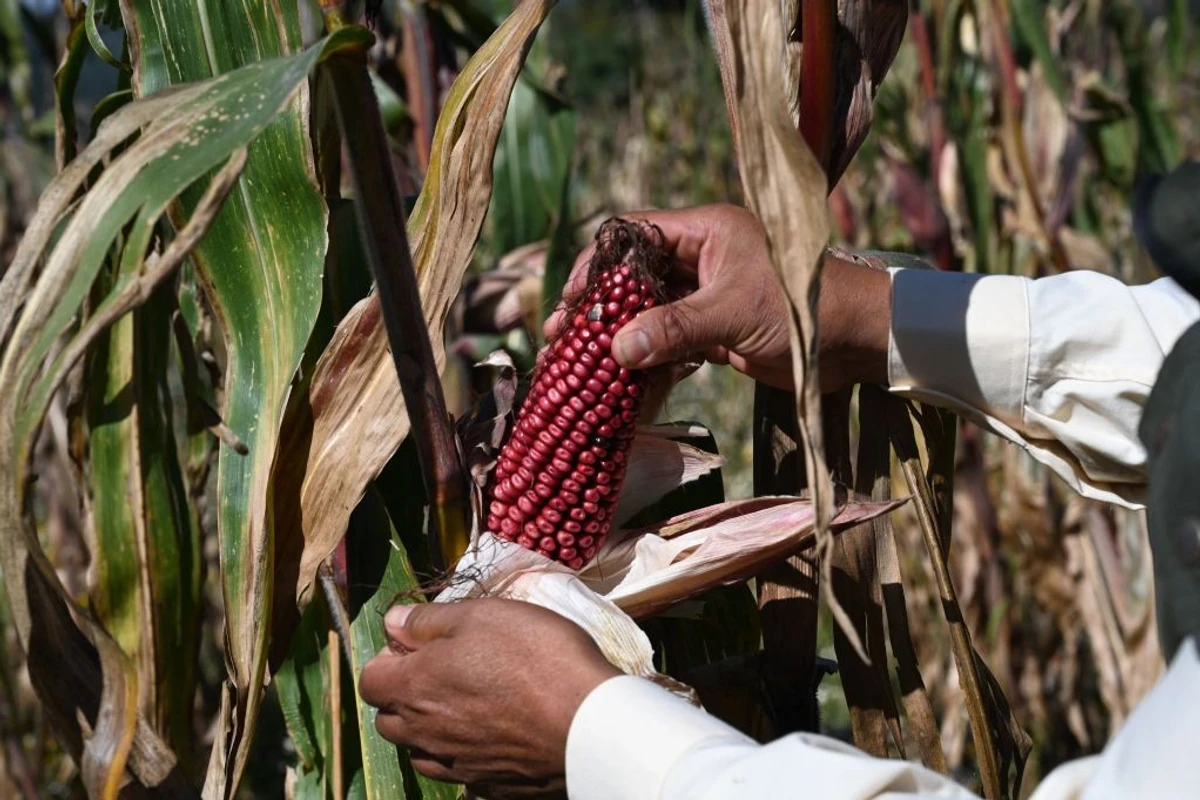As the debate over genetically modified organisms (GMOs) continues, experts are urging farmers to carefully consider the implications of adopting GMO seeds.
These seeds, often touted for their potential to increase crop yields and resist pests, come with a host of concerns that could have long-term consequences for farmers, the environment, and food security.
Threat to Biodiversity
One of the primary concerns with GMO seeds is their impact on biodiversity. GMO crops are engineered to be uniform, which can lead to a reduction in genetic diversity.
This uniformity makes crops more susceptible to diseases and pests, as a single threat can wipe out an entire harvest. In contrast, traditional seeds offer a broader range of genetic traits, providing resilience against environmental changes and disease outbreaks.
Dependency on Corporations
GMO seeds are often patented by large agricultural corporations, meaning that farmers must purchase new seeds each planting season instead of saving seeds from their crops.
READ ALSO: GMO Seeds: A growing concern for soil’s health, human well-being
This practice can lead to dependency on these corporations, putting farmers at the mercy of fluctuating seed prices and limiting their control over their own farming practices. This dependency can also erode traditional farming knowledge and practices that have been passed down through generations.
Environmental Concerns
The widespread use of GMO crops has been linked to environmental issues, such as the increased use of herbicides and pesticides. GMO seeds are often engineered to be resistant to specific herbicides, leading to an over-reliance on these chemicals.
Over time, this can result in the development of herbicide-resistant weeds, necessitating the use of even stronger chemicals. These practices can harm soil health, reduce beneficial insect populations, and contribute to water pollution.
Economic Risks
While GMO seeds may promise higher yields, the reality can be more complex. The cost of GMO seeds is often higher than that of traditional seeds, and the financial benefits may not always offset this initial investment.
Additionally, if a GMO crop fails due to unforeseen environmental factors or market changes, farmers may face significant financial losses. The unpredictability of global markets and potential trade restrictions on GMO crops can further exacerbate these economic risks.
Impact on Food Sovereignty
Food sovereignty, the right of people to define their own food systems, is another critical issue at stake. The adoption of GMO seeds can undermine local food sovereignty by shifting control over agricultural practices from farmers to multinational corporations.
This shift can marginalize small-scale farmers, who may lack the resources to compete with large-scale industrial agriculture.
Health Concerns
Although the scientific consensus is that GMO foods are safe to eat, some consumers and advocacy groups remain concerned about potential long-term health effects. These concerns, whether grounded in science or not, can impact market demand for GMO products, potentially leading to economic losses for farmers who invest in these crops.
Given these concerns, experts advocate for a cautious approach to the adoption of GMO seeds. They encourage farmers to weigh the potential benefits against the risks and to consider alternative agricultural practices that promote biodiversity, sustainability, and food sovereignty.
By rejecting GMO seeds, farmers can retain control over their crops, preserve traditional farming knowledge, and contribute to a more resilient and sustainable food system.

 Entertainment6 days ago
Entertainment6 days ago
 Health1 week ago
Health1 week ago
 Health4 days ago
Health4 days ago
 Football1 week ago
Football1 week ago
 Football1 week ago
Football1 week ago
 Crime4 days ago
Crime4 days ago
 Education6 days ago
Education6 days ago
 Crime1 week ago
Crime1 week ago

